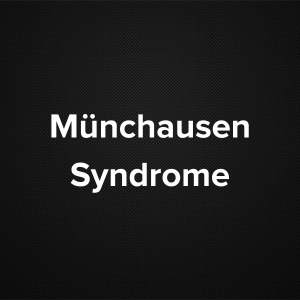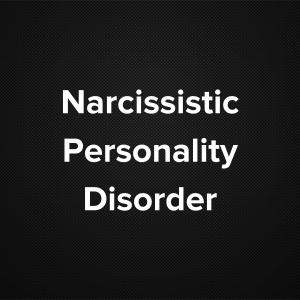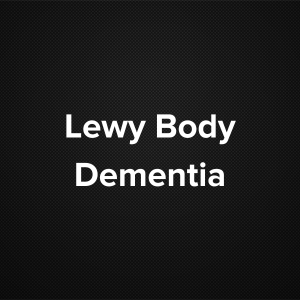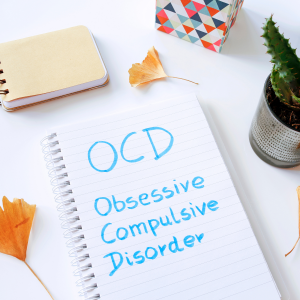If a learning or memory test were to be conducted, the younger lot would win, but in vocabulary learning the elderly could outperform. The elderly find it difficult to learn new things and might even forget information or misplace articles all the time. These are not worrying signs and neither can they be termed serious because they can be considered age-related changes.
Treatable memory losses
Memory loss also occurs due to certain reactions from medications or B12 deficiency, alcoholism, infections in the brain, dehydration and fever, blood clots or tumors, thyroid problems, malnutrition, and even minor head injuries. These conditions need immediate treatment and the patient must be taken to the doctor immediately.
Keep the elderly with dementia up to date about the details of their lives, like where they live, time, meals eaten, etc.
Any kind of stress and strain including emotional stress or depression can make a person more forgetful as their brain is focused more on those issues. If the elderly lose their spouse they can be subject to great strain, especially if they have just retired and that leads to forgetfulness too. If they do not come out of the state then it could lead to more confusion and forgetfulness. A supportive family can bring them out of this condition.
When to worry
However, there are some signs of forgetfulness that you should watch out for in the elderly.
If the memory lapses become frequent or if the elderly don’t even realize they have forgotten anything, then it is a worrying sign.
If they lose the ability to perform daily tasks like dressing or grooming,then there is reason to worry.
If they forget how to do things they were doing routinely.
If they have difficulty performing simple tasks or are forgetting how to do things they’ve done many times.
If they have trouble making decisions or show poor judgment or behave in socially inappropriate ways.
If they frequently forget words or misuse them or repeat the same phrases, questions, oratories in the same conversation.
What to do if the above symptoms are noticed
Take the elderly to a doctor if these signs become frequent to rule out dementia and it will help to take steps to prevent a small problem from becoming a larger one.
Dementia
These could be signs of dementia. However, there is no need to panic because dementia is of different kinds and certain conditions can be reversed. Not all dementia will lead to Alzheimer’s. A thorough medical examination and evaluation needs to be carried out if the elderly show any of these worrying signs. The doctor is likely to conduct tests for memory loss, problem-solving, and language abilities. A brain scan, such as an MRI, may help to rule out any other medical reasons for memory problems. A complete medical history and medication use, diet, and general health is examined before a diagnosis can be made about dementia.
Frequent forgetfulness, disorientation, and inability to perform daily tasks are worrying signs.






























